Presumptive Taxation FAQs – 44AD 44ADA 44AE (India)
Explore presumptive taxation FAQs for small businesses, professionals and goods carriage owners. Covering eligibility, turnover limits and digital-receipt rate, books of account (44AA), audit (44AB), advance tax, opting in/out consequences [44AD(4)/(5)], ITR forms, and more than 10 vehicles rule—kept current and updated as per Finance Act 2025.
FAQs on Tax on Presumptive Taxation Scheme
Practical tips before you choose presumptive taxation (44AD · 44ADA · 44AE)
- Check the threshold first. If your turnover/receipts exceed the limit, 44AD/44ADA is not available for that year; use normal provisions.
- Digital receipts can help. Under 44AD, eligible non-cash receipts within the prescribed window may qualify for the 6% rate. Keep proofs of mode and date.
- Books aren’t always “zero.” Even on presumptive, keep basic records: invoices, bank statements, receipt logs, and vehicle ownership/fitness (44AE). They protect you during verification.
- Audit trigger still exists. If you declare lower than deemed profit and your total income exceeds the basic exemption limit, maintain books (44AA) and get audit (44AB).
- Mind the lock-in. Opting out of 44AD after opting in typically blocks you from using 44AD again for the next five assessment years.
- Advance tax still applies. Pay advance tax on time (for 44AD it’s generally one installment by 15 March); shortfalls attract interest.
- No extra business expenses. Once you choose presumptive, you can’t deduct additional business expenses. You may still claim Chapter VI-A deductions (80C, 80D, 80G, etc.) if otherwise eligible.
- Vehicles count matters (44AE). Not more than 10 goods vehicles owned at any time in the year; more than that → 44AE not available.
- Choosing a regime. Your old vs new tax regime choice can change the final tax—run both scenarios if you have significant deductions.
What records should I keep even on presumptive taxation?
- Sales/receipts register (cash & digital), purchase bills and major expense proofs
- Bank statements and UPI/card settlement reports
- E-way bills, GST summaries (if applicable)
- Fixed-asset invoices (for capital gains/depreciation tracking later)
- For 44AE: vehicle RC copies, fitness/permit/insurance, ownership dates, and weight class
When presumptive Income may not be the right fit
- Thin margins but high input costs (normal provisions could yield lower tax)
- You expect large Chapter VI-A deductions that are only valuable in the old regime
- You need to carry forward business losses in a particular year
- You plan to bid for loans/tenders that prefer detailed audited financials
Next steps
- See the Income Tax FAQs hub for more categories.
- Need the basics? Visit Computation of Tax — FAQs for heads of income, GTI vs Total, rebate 87A, surcharge and marginal relief.
- Filing time? Check our upcoming pages: TDS/TCS FAQs, AIS/TIS FAQs, and a step-by-step ITR guide.
Last updated: Oct,2025. Tax thresholds/rates change; if something looks off or you need a scenario added, send us a note and we’ll update quickly.
Source
Disclaimer: The information on this page is for general guidance only and is not tax, legal or professional advice. Laws and thresholds change, and application depends on your facts. While we aim to keep content current (Finance Act, 2025), errors or omissions may occur. Always refer to the Income-tax Act/Rules, CBDT notifications/circulars and consult a qualified advisor. If there is any conflict with the law, the official provisions prevail. TaxBizMantra and the authors accept no liability for actions taken or not taken based on this material; examples are illustrative and do not create a client–advisor relationship.
